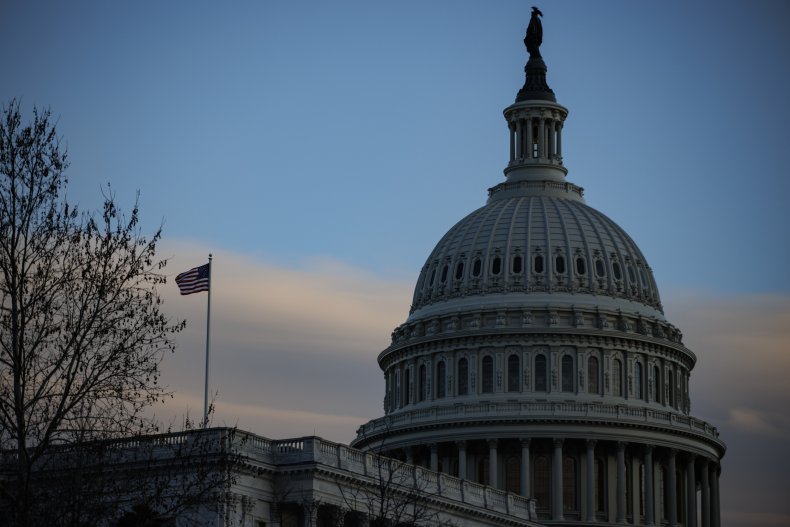For the Chinese Communist Party (CCP), there is almost nothing more important than influence. Carefully shaping public policy and public opinion allows the CCP to maintain control—control of its own people, control of systems that allow them to bully their neighbors and get their way, and control of a global economic system that allows them to dominate industries.
In the U.S., we have two laws that are meant to serve as a check on influence from both foreign and domestic actors: the Foreign Agents Registration Act of 1938 (FARA) and the Lobbying Disclosure Act of 1995 (LDA). FARA imposes public disclosure obligations specifically on those representing foreign interests, and the LDA establishes federal registration and reporting requirements on federal lobbying and lobbying activities.
The way these laws work is simple: If you engage in an effort to influence a member of Congress or anyone in government, you are required to disclose certain information about your activities and whom you represent. While both laws were meant to shine a light on influence activities, certain actions remain in the shadows because of a loophole in the laws that says that those who are registered under LDA are exempt from registering under FARA.
In the case of companies based in the People's Republic of China (PRC), this is especially problematic because of the blurred lines between corporations and the CCP. Because of laws like the PRC's 1993 Company Law, which mandates that privately-held companies have CCP officials embedded in the leadership of their organizations, and the 2017 National Intelligence Law, which mandates that privately-held companies assist the CCP in national intelligence efforts, any attempt to lobby in the U.S. by a so-called private business from the PRC is potentially a directed influence effort by the CCP.

One notable example of how this works is the efforts of ByteDance, the parent company of TikTok. In the first quarter of 2023, ByteDance registered lobbyists with the Lobbying Disclosure Act under ByteDance Inc, a company legally based in California. However, we know that ByteDance has an internal CCP committee, which is chaired by ByteDance's editor-in-chief, who has even publicly stated that the CCP committee would "take the lead" in "all product lines and business lines" to ensure that the company's products have "correct political direction." In short: the paperwork may say California, but the decisions are, in part, controlled by the CCP.
There is a way to close this loophole, counter these shadow influence campaigns, and give the American people the transparency in their government they deserve. The Disclosing Foreign Influence in Lobbying Act, which I have introduced with congresswoman Mariannette Miller-Meeks (R-Iowa), is bipartisan and has already unanimously passed the Senate in an effort led by Senators Chuck Grassley (R-Iowa) and Gary Peters (D-Mich.). Our bill requires lobbyists to disclose any connections with foreign governments or political parties that plan, supervise, direct, or control their or their clients' efforts, regardless of ownership or financial connection. It means that companies like ByteDance would have to disclose the foreign sources of influence in their activities.
As the ranking member on the House Select Committee on the Strategic Competition between the U.S. and the CCP, I have a front-row seat to the work the CCP is doing to try to shape our policies and give them an advantage in this competition. Theirs is a system that prefers to work in darkness to project influence and exert control. We cannot let that system prevail here in the U.S. If the House wants to make America more competitive, we need to put an end to these CCP influence shell games and pass the Disclosing Foreign Influence in Lobbying Act.
Congressman Raja Krishnamoorthi is the ranking member of the House Select Committee on Competition Between the U.S. and the Chinese Communist Party (CCP).
The views expressed in this article are the writer's own.








